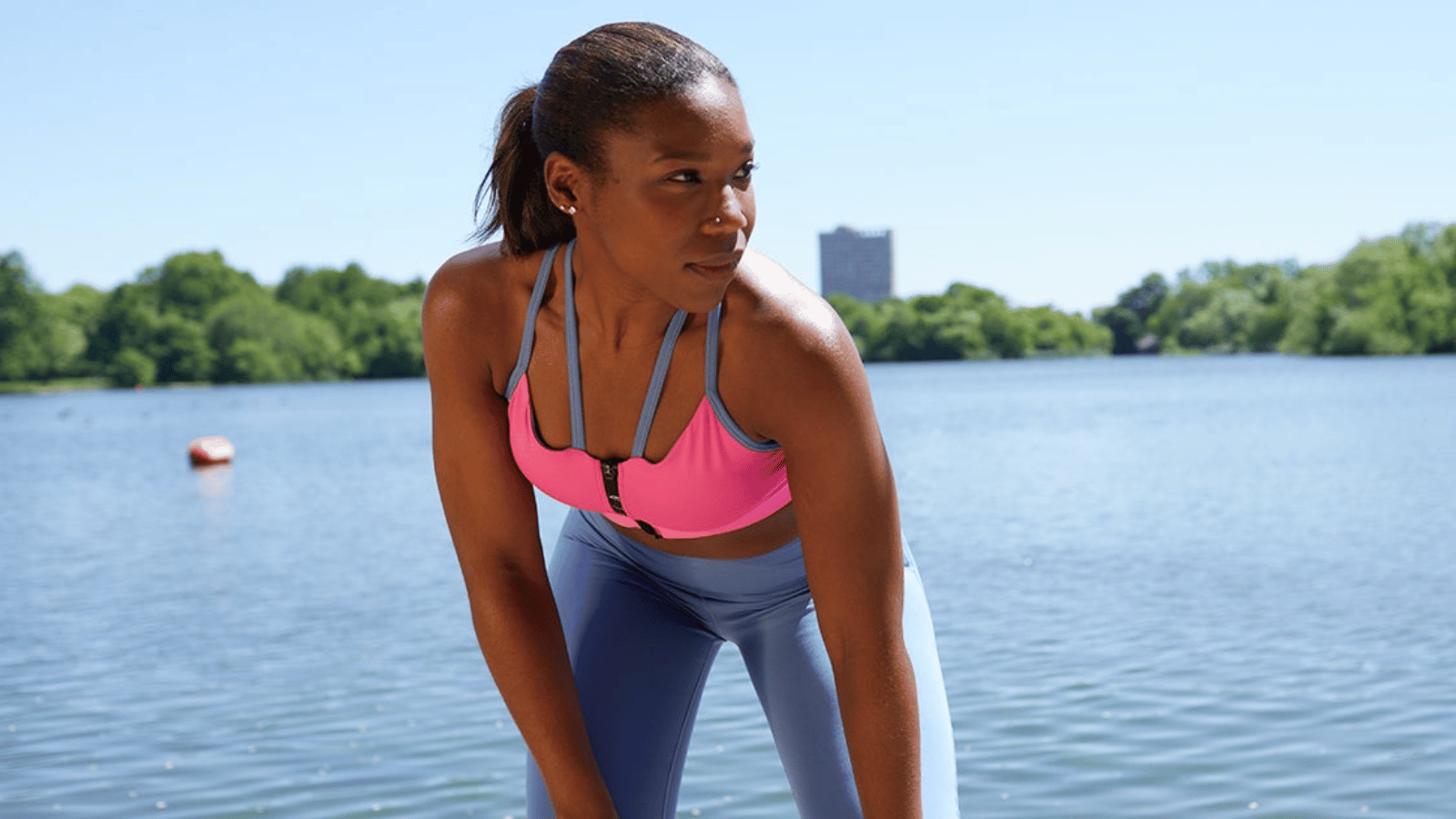How much water should you drink every day?


Most of us know we should be drinking water. After all, it accounts for 50–60% of an adult’s body composition. We lose water even when we’re at rest, through functions such as breathing and perspiration. Certain factors—from age to activity level—amp up our need for water even further.
When we don’t get enough water, we generally don’t feel good. Being under-hydrated by as little as 2% can bring on headaches, fatigue and other forms of discomfort.
The question is: How much water do we really need to drink? Many of us were taught to drink 8 glasses a day. Or, maybe you’ve heard that it’s best to “chain sip” water throughout the day, regardless of thirst or other variables. In reality, our water needs are far more varied: There’s no one-size-fits-all recommendation for how much water to drink, and the number of glasses you need is specific to you.
What impacts daily water intake
While current Australian and New Zealand guidelines recommend that adults consume 8-10 glasses each day, multiple factors affect a person’s fluid requirements. These include:
- Activity level. During physical exertion, the body loses water through sweat. The more you perspire, the more water you’ll need to make up for fluid losses.
- Diet. Not all water comes from the tap. Fruit and veggies are important sources, too—and how much of them you eat helps determine how much water you need to drink.
- Pregnancy status. People who are pregnant need more water than those who aren't, to support foetal development. Interesting fact: The body composition of a newborn is about 75% water—higher than that of a mature adult.
- Medications. Medications that treat particular conditions may increase the body’s urine output, an effect that can increase daily water needs.
- Age. With age, the body develops a reduced capacity to store and conserve water, which may also increase the need to consume water.
- Season and climate. Exposure to hot weather increases fluid losses from sweat, which means more water is needed to replenish lost stores.
- Conditions that cause sweating. All forms of perspiration—not just heat-included sweating—amp up the body’s fluid requirements. Menopausal hot flashes and conditions such as hyperhidrosis are common causes of excessive sweating.
How to know if you’re drinking enough water
To check if you’re hydrated, take a quick look at your urine. If it’s pale yellow, you’re probably drinking enough water. On the other hand, a dark yellow colour could be a sign that you need to amp up your hydration. Just bear in mind that urine colour isn’t a perfect indicator. A darker colour can also result from certain health conditions, medications, vitamin B2 supplements and natural pigments in certain foods. Also, some multivitamins can also turn your urine fluorescent yellow. It’s important to discuss any unusual urine changes with your doctor.
Other signs of dehydration
It’s helpful to be on the lookout for other signs that your water intake might be too low. Dehydration can also be marked by:
- Thirst
- Headache
- Dry mouth
- Difficulty concentrating
- Fatigue
- Dry or cracked skin
Dehydration is associated with kidney stones. Otherwise, there’s little evidence linking dehydration with chronic disease. Occasional bouts of mild dehydration are common.
Thirst isn’t always first
Dehydration can kick in before you feel parched. By the time you notice a dry mouth, your mood or concentration may already be affected by having too little water in the body. Keeping a reusable water bottle handy can be a visual reminder to sip regularly, before headaches and other forms of discomfort hit.
How can you increase your water intake?
If you’re thinking, “There’s no way I can chug so much plain water every day,” you have additional options for staying hydrated:
- Flavoured and sparkling water. If you like fizz in your glass, consider trying sparkling water, as they hydrate just as well as still water. Or, give still water a flavour infusion by adding fresh fruit and herbs.
- Water-dense vegetables. Eating foods higher in water content can help keep you adequately hydrated, as well. Water-rich veggies include celery, capsicums, zucchini, lettuce, cucumber and tomatoes. Try crunching on veggie sticks with salsa, or add an extra handful of chopped tomato to your salad.
- Water-dense fruits. Did you know oranges are 86% water? Along with citrus, water-dense fruits include melons, berries and stone fruits (such as peaches).
Can drinking water help you lose weight?
Research has not established a direct link between water intake and weight loss. Water can support weight loss, however, when it takes the place of sugar-sweetened soft drinks. Unlike a can soft drink, water delivers hydration without adding kilojoules (calories) to a person’s overall diet. Additionally, many people confuse hunger with thirst, which can result in consuming extra calories than needed. Therefore, staying hydrated throughout the day may contribute to satiety and reduce the need for additional snacks or servings at main meals.
Other health benefits of drinking water
Good hydration is essential for:
- Regulating body temperature
- Supporting digestion
- Carrying nutrients and oxygen to cells
- Eliminating toxins via the kidneys
- Optimising brain function
In a nutshell, water helps the entire body function at its best.
Bottom line: Are you drinking enough water daily?
To boil it down, staying hydrated is important for your overall wellness journey. Because the body loses water throughout the day, replenishment is crucial for preventing dehydration. Your age and activity level are key factors in how much fluid you need, with variables such as diet and medications further influencing day-to-day water needs. Speak with a medical professional if you have any concerns about hydration and your health—especially if you notice unexplained changes in your level of thirst or in your urinary habits.
